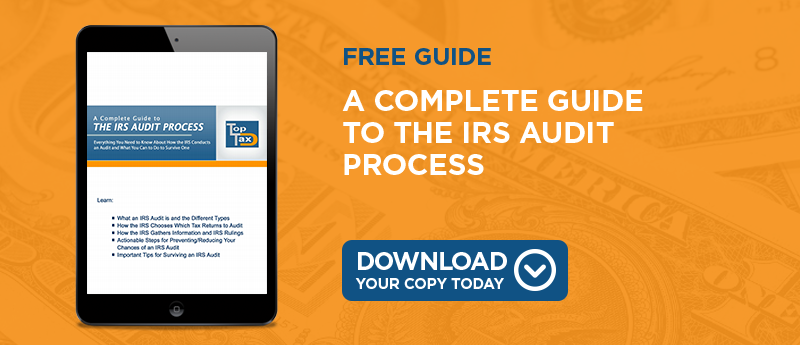
Like individual taxpayers, business owners must also file and pay taxes to the IRS. Along with paying taxes on the money that their companies make each year, they also must withhold numerous forms of taxes from their employees' paychecks.
When you fail to hold out Medicare, Social Security, and income tax from your employees' pay, you could quickly find yourself subject to expensive IRS penalties. You can safeguard your revenue and settle your debt by using these four tips to sort out your federal trust fund tax issue.
Who Must Pay Trust Fund Taxes?
The money that is withheld from employees' paychecks to cover Social Security, Medicare, and income tax is called trust fund taxes. The IRS expects people in charge of a company's payroll to pay these taxes either on a quarterly or annual basis. These individuals can include:
- business owners
- CEOs
- directors
- employees
- payroll administrators
- accountants
- bookkeepers
- shareholders
However, even with this penalty imposed on you, you may be able to sort out the situation and settle your account with the IRS by using one of the resolution options available to you. By using the appropriate measure, you could spare your cash flow and avoid having heavy fines inflicted on your income and assets.
Installment Agreements for Trust Fund Taxes
Even the most successful of business owners may not be able to pay off significant fines and tax debts in one lump sum. When you lack the financial means to pay off what you owe right now, you could request that the IRS set up your tax debt on an installment agreement.The agreement allows you to pay off your debt in monthly installments. The payment amounts will be based on your income and the value of the assets you have at your disposal. This option is an affordable and practical way to settle your debt and sort out your TFRP situation.
Make an Offer in Compromise
Business owners who are experiencing challenging financial circumstances may not be able to make monthly payments. Instead, they need to settle their debts for a practical amount that will let them resolve the situation without putting their finances at risk.You could make an Offer in Compromise, or OIC, to the IRS. This offer must be reasonable and reflect accurately the financial means you have at your disposal. You also must pay off the offer in full and in a timely manner. If the IRS accepts your OIC, you have the opportunity to wipe the proverbial slate clean with the IRS and avoid expensive TFRP fines.
Check the Statute of Limitations
As with tax debts owed by individual taxpayers, the IRS only has a finite time to collect on trust fund taxes that you owe. It must collect that money within a three-year limit after you file your quarterly or annual federal tax return for your business. If it is past the three year deadline, you may not have to pay the TFRP at all.However, the TFRP will still apply if you committed fraud when filling out your quarterly or annual tax returns or if you failed to submit those forms at all. In either instance, you will still be subject to the TFRP, which could be equal to the entire amount of the tax debt.
Prove You Do Not Owe the Trust Fund Taxes
The IRS expects any number of people within a company to pay the trust fund taxes each year. Depending on what kind of company you own and operate, you could escape the penalty by proving that you were not the person responsible for it.
This defense can be particularly tricky because you essentially are assigning the blame to someone else within the company. Still, when you want to safeguard your income and assets, you can prove that you are not the one who avoided paying the tax but instead have been wrongly targeted by the IRS.
To back up your claim, you may need to gather documents like tax records and affidavits. You also may need to refer to the IRS Form 4180 to verify if your situation applies to the questions typically asked by IRS investigators.
If you are found liable for the TFRP, you can still avoid financially devastating fines by requesting leniency based on your current financial situation. You can ask for exemption from the TFRP by filling out and submitting the IRS 433-A.
The TFRP can take a devastating toll on your business's finances. You can settle your tax debt and sort out the situation by using these four measures available to business owners like you.



